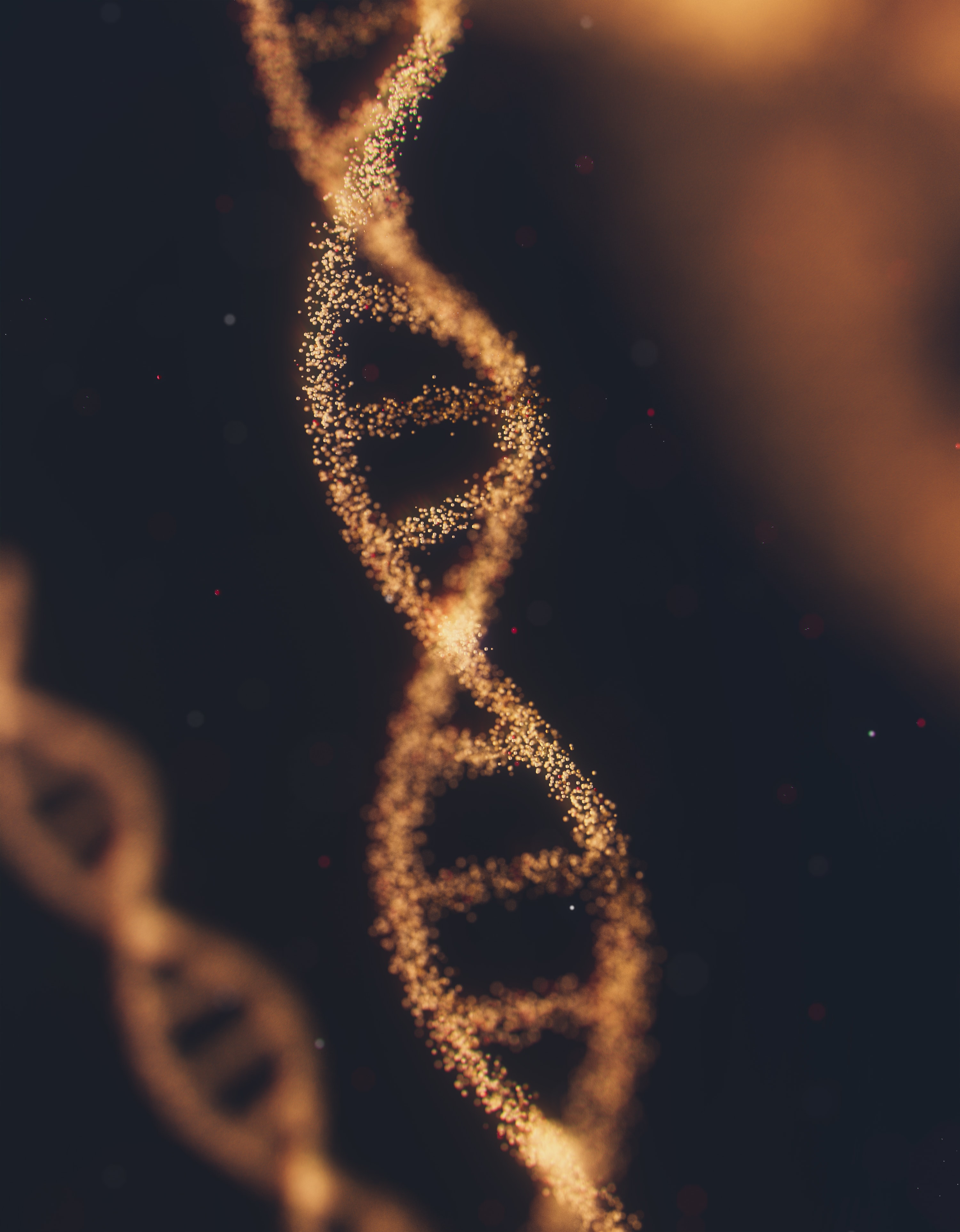Widespread Newborn DNA Sequencing Will Worsen Risks to Genetic Privacy
By Crystal Grant,
ACLU
| 04. 19. 2023
Newborn screening programs are a vital public health measure implemented in the U.S. and across the world, with about one third of babies born globally undergoing some screening. As part of this program in the U.S., nearly every baby born has blood drawn soon after birth, and that blood is tested for a panel of potentially life-threatening inherited disorders. Current newborn screening programs have been invaluable, both in lowering medical costs through early detection and intervention and in decreasing the toll of human suffering that comes from a late diagnosis. Unfortunately, innovation in this field is rapidly outpacing the law, leaving families vulnerable to privacy invasions.
In October 2022, a global consortium of scientists and other newborn DNA sequencing researchers convened to discuss a bold possibility for future care: Every baby born in the U.S. could have their full genome sequenced as an addition to existing newborn screening programs. This means that doctors would have on record all of the baby’s DNA, in addition to drawing their blood and testing for specific, known inherited disorders that can cause serious health...
Related Articles
By Diaa Hadid and Shweta Desai, NPR | 01.29.2026
MUMBRA, India — The afternoon sun shines on the woman in a commuter-town café, highlighting her almond-shaped eyes and pale skin, a look often sought after by couples who need an egg to have a baby.
"I have good eggs,"...
By George Janes, BioNews | 01.12.2026
A heart attack patient has become the first person to be treated in a clinical trial of an experimental gene therapy, which aims to strengthen blood vessels after coronary bypass surgery.
Coronary artery bypass surgery is performed to treat...
By Staff, ScienceDaily | 01.05.2026
Scientists at UNSW Sydney have developed a new form of CRISPR technology that could make gene therapy safer while also resolving a decades-long debate about how genes are switched off. The research shows that small chemical markers attached to DNA
...
Following a long-standing CGS tradition, we present a selection of our favorite Biopolitical Times posts of the past year.
In 2025, we published up to four posts every month, written by 12 authors (staff, consultants and allies), some in collaboration and one simply credited to CGS.
These titles are presented in chronological order, except for three In Memoriam notices, which follow. Many more posts that are worth your time can be found in the archive. Scroll down and “VIEW...




